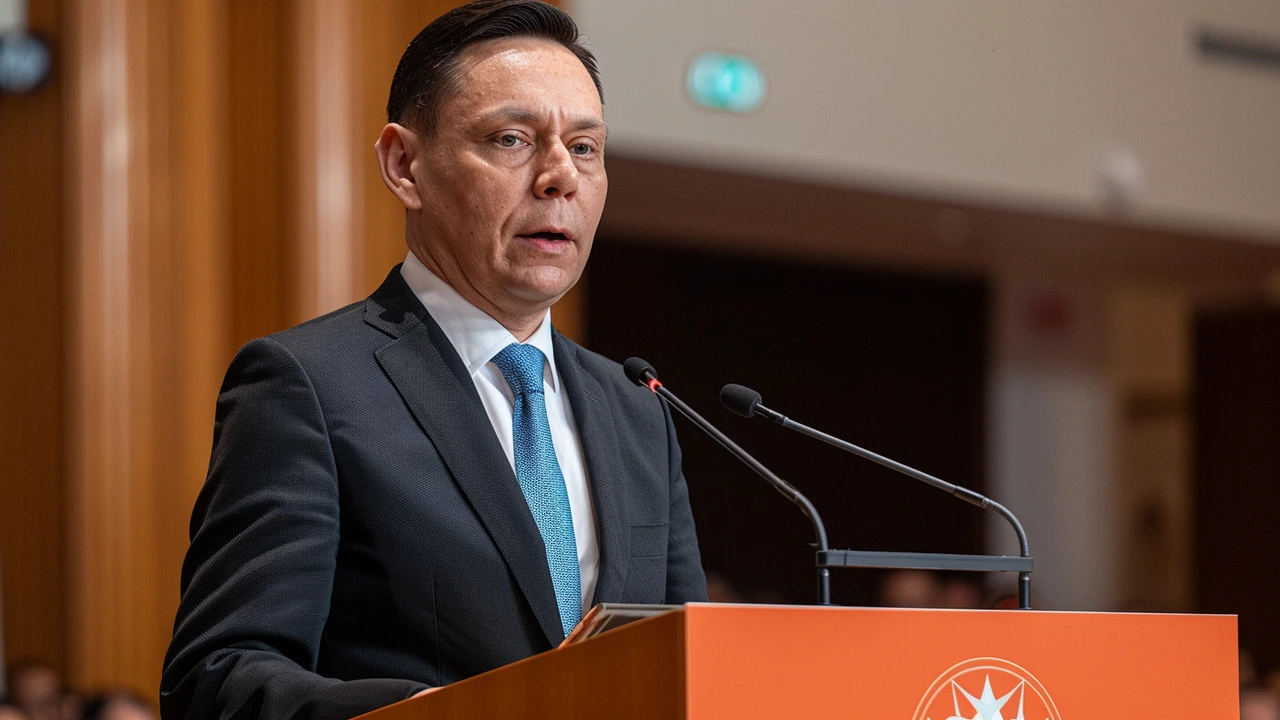Border security: Practical guide for African borders
Border security is a daily reality for communities, traders, and officials across Africa. Good border control stops smugglers, protects health, and boosts legal trade. Bad border security costs lives and money, and it hurts jobs.
What does strong border security look like?
It uses clear laws, trained staff, smart tech, and local cooperation. Laws set rules for who and what can cross. Trained officers spot fake documents and handle people with care. Technology like scanners, cameras, and data sharing speeds checks and finds risks. Local cooperation means working with border towns, truckers, and health clinics to spot problems early.
How can governments improve without shutting trade? First, simplify paperwork and use electronic forms for trucks and travelers. Faster processes reduce queues and bribery. Second, train officers in human rights and inspection methods so they act firmly and fairly. Third, invest in targeted tech like portable scanners and better radio links where roads and terrain make fixed posts useless. Fourth, set clear coordination between customs, police, immigration, and health agencies so information flows fast.
Communities matter too. Local people know routes and behaviour smugglers use. Involve community leaders in reporting risks and in public health checks during outbreaks. Offer legal alternatives for traders who depend on cross-border markets so controls do not wreck livelihoods. Small business permits and market days can keep trade alive while reducing illegal flows.
Private sector and regional groups can help. Shipping companies and transport unions can pre-declare cargo and use seals to prove goods are untouched. Regional blocs should standardise documents and share watchlists so trucks move faster between countries. Successful examples exist where shared databases reduced delays and caught stolen goods.
Technology is useful but not a cure-all. Cameras and drones give eyes on the ground, but they need trained operators and power. Biometric checks speed identity work but require secure data rules to protect citizens. Prioritise tools that fit local realities: solar power for remote posts, mobile apps for officers, and low-bandwidth data systems for areas with poor internet.
What about emergencies like disease outbreaks or conflicts? Border plans must include contingency measures: rapid screening, isolation points, and clear entry rules for refugees. Run regular tabletop exercises with health and security teams so everyone knows who does what when the situation escalates.
Quick wins
Map the busiest informal crossings and add targeted patrols. Replace paper forms with a single electronic declaration for trucks. Run short training sessions focused on inspection skills and legal rights. These steps cost little but cut delays and corruption.
For reporters and citizens: request public access to border data, attend town meetings, and pressure officials for transparent budgets. NGOs can train local officers and donate basic gear. Start small, measure results, and scale what works. Every border improvement protects people and keeps goods moving every day.
Portugal's New Migration Policies: Stricter Rules and Increased Border Security
By Sfiso Masuku On 5 Jun, 2024 Comments (20)

Portugal has introduced new migration measures, tightening visa requirements, boosting border security, and expediting deportations. The government cites national security and pressure on public services as key reasons. This affects many migrant workers and asylum seekers, notably from Africa and Asia. Interior minister José Luís Carneiro calls for a balanced immigration approach.
View More



